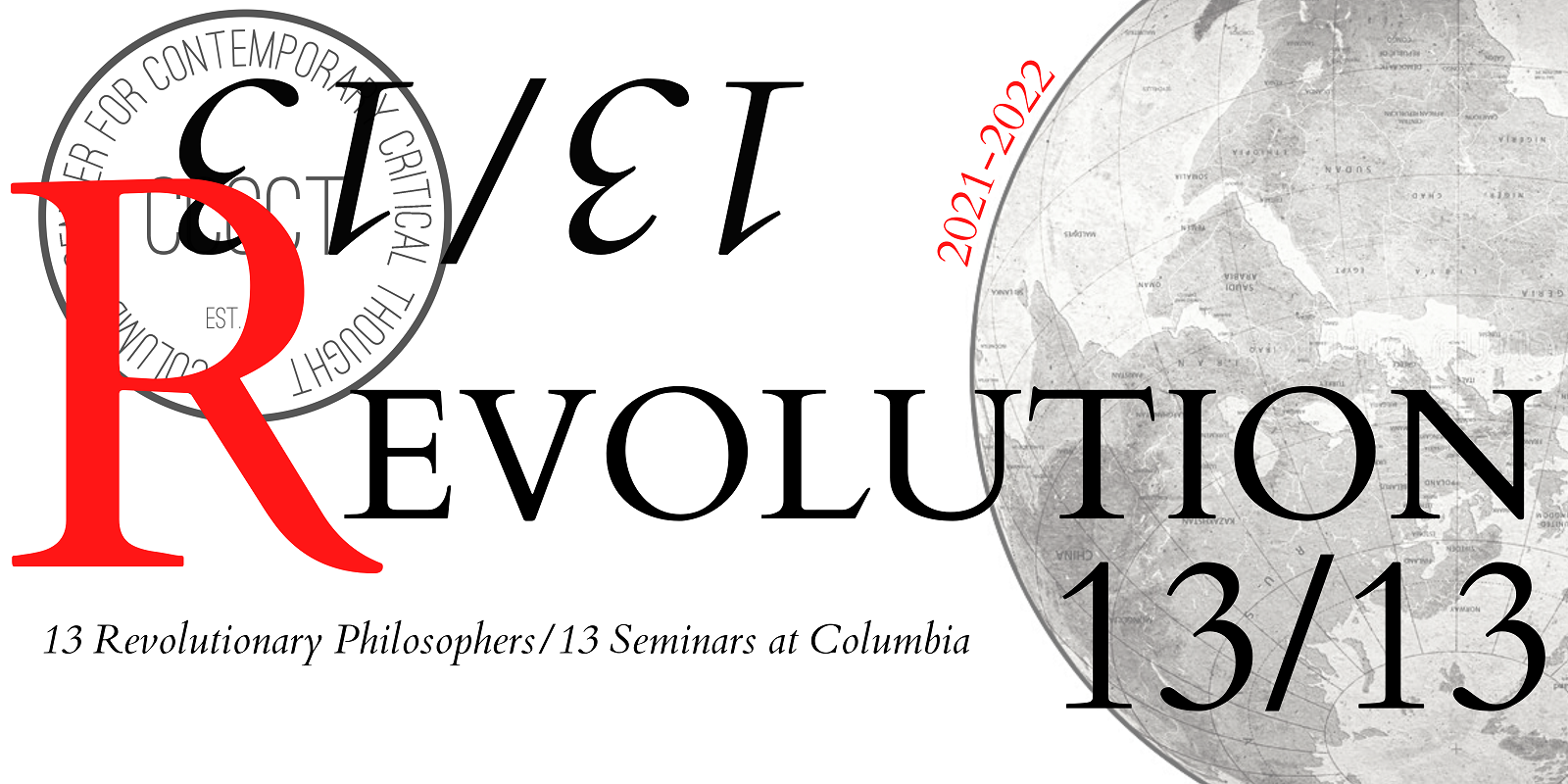By Martin Saar
In my presentation, I will develop four aspects of what might interest us in reading Hans-Jürgen Krahl today. Let me sketch here, preliminarily, those four points.
The first is that Krahl’s writings, as those of the SDS more generally those (and also those of the early Habermas), are crucial for posing the question of the status of the university, the students and the intellectuals: What does it mean to inhabit a space where you can learn, study, and develop theoretical positions, without being already implicated within the ordinary division of labor? Krahl seems to suggest that it is no coincidence that in Frankfurt, as in Paris, a certain kind of emancipatory desire was generated within the university, because these are young people with a certain freedom from the specific pressures of life’s necessities and with a whole archive of revolutionary and emancipatory theories and materials at their disposal. There is something to be said about the freedom of the university and university life as being a site for the origin of emancipatory theorizing and practical perspectives. Krahl and the SDS were trying hard to think through that very freedom and separateness of the university as a space, in conversation with the other classes that don’t have the freedom to think and to learn and to study. And the idea of what it could mean to think through the link and possible alliances between, let’s say, “knowledge work” and other forms of work, this is something that Krahl and the SDS were thinking through extremely thoroughly. And it seems particularly important to reread this work at a moment when most university systems are experiencing severe forms of crisis, also of their self-understanding.
The second point seems to me that Krahl was insisting on the irreducibility of the class question for critical theory. In that, of course, he was, like many others of his generation, more orthodoxly Marxist than his teachers Adorno and Horkheimer. Krahl insisted that, working also with elements of the theory of Lukács, the question of class consciousness has to be center stage for movements seeking a radical transformation of society, even if it requires updating the classical Marxist notions of class, class structures, and the idea of a dualism between (only) two main classes. Some of the major contributions Krahl made concern this kind of modification or actualization of class theory. In this, Krahl is highly in tune with other theoretical moments of the time, including the Italian workerist tradition. Krahl insisted on the necessity of the preparation of, and also the mobilization of, class consciousness and the regaining of a certain conception of, however actualized, class analysis whitout which, he thought, a critical theory of society completely hangs in the air.
The third point concerns the connection between theory and praxis, which Bernard discusses in his introduction. What Krahls’ writings show is that for a critical theory to think itself without praxis is a serious mistake. But to think about praxis without theory is also a mistake. Krahl himself was struggling with tendencies at the time, which gained some prominence in the 1970s in Germany, in which a certain kind of leftist politics was thought of as almost immediate spontaneous action that is not mediated through larger sociological diagnosis. By contrast, Krahl is insisting on a functioning dialectical relationship between theory and praxis. And this is something that is still a challenge to us today, for those of us who think of ourselves as critical theorists without sometimes being too optimistic about prescribing, even dreaming of, possible forms of praxis.
The fourth point has to do with the question that Lukács might have termed “tactical,” namely the question: What forms of institutions or quasi-institutions, and what degrees of formalization, does a transformative movement need? Is the SDS something like a revolutionary party and if not, what is it? The SDS at the time was trying to transform or to translate forms of direct actions from the context of the university strikes that were highly successful into something more stable anddurable, and also more goal oriented. They were posing the question of what kind of collectively organized action and of institutional design would be needed. This for Krahl ties up with the question of anti-authoritarianism since he did not believe in any Leninist leadership. Many of us today endorse social movements, but we only like them when they are not too strict, too organized, too vertical. Many in our generation have a deep suspicion towards the party form and a deep sympathy for social movements in all their fluidity and horizontality. In a way Krahl, and also Rudi Dutschke, thought there must be something in between. There must be something like a more organized, institutionalized form of political action that is more than movement, but less petrified and less stabilized, than party. And it could be that, for a democratic theory of the present, this might be a place to look and a welcome occasion to rethink how, in which form of action, not to make a whole revolution today, but to bring about change. It seems to me that within the plural history of Critical Theory and of the heterodox German Left, Krahl is an indispensable interlocutor for these questions.
I look forward to our discussion.
